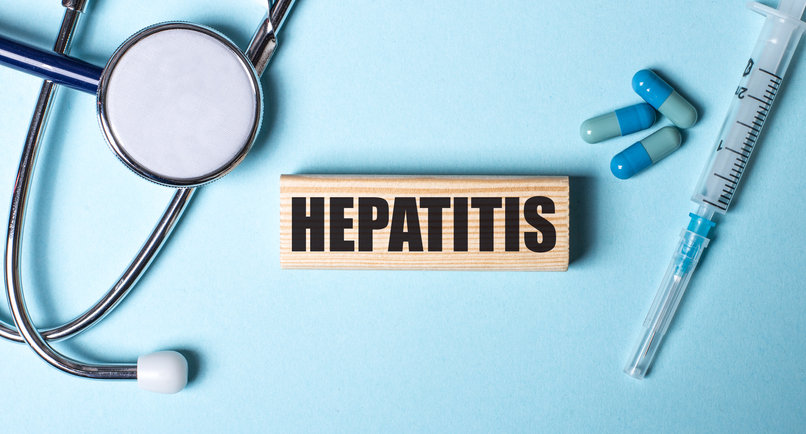Across the U.S. and around the globe, our medical communities are unable to explain the spike in hepatitis in children. There are currently cases across Europe, in 24 of the United States including Illinois, and in Puerto Rico. In the United States, the CDC is reporting over 100 cases in patients, predominantly between 2 and 3 years old. Of these cases, 90% have been hospitalized, 14% have undergone liver transplants, and five children have died from the disease.
Alzein Pediatrics is here to explain – as much as we can – this illness and give parents guidance about what to do if they suspect their child is affected.
What is Hepatitis?
Hepatitis is an infection that attacks and damages the liver. The cause of hepatitis varies by type. In the United States, the most common types of toxic hepatitis are caused by ingesting poison or a history of alcoholism or drug abuse.
Hepatitis A lives in feces and is commonly passed from person to person due to insufficient hand washing. Hepatitis A can be prevented by a series of two vaccination doses. Please ask us to review your child’s medical records with you to ensure they are up to date on all vaccines to prevent life-changing illnesses.
Hepatitis B and C are spread through bodily fluids, such as during sexual intercourse or using unsterilized needles during drug use, or getting a tattoo with needles that have been contaminated by someone already infected with the disease. While there is a series of three vaccinations to protect your child from Hepatitis B, there is no vaccine available for Hepatitis C.
This current spike in pediatric hepatitis cases is being termed “hepatitis of an unknown cause.”
The leading theory about the cause of this increase in hepatitis cases in children is the presence of the adenovirus, which has been found in over half of patients. Researchers are also quick to point out that it is too early to make a decisive conclusion. Most children are infected with adenovirus from time to time, as it is a common virus that affects the respiratory, digestive, and nervous systems, and liver biopsies on some of the patients did not show evidence of adenovirus particles.
Researchers have concluded there is no link between this illness and COVID-19 or the COVID-19 vaccine.
Symptoms of Hepatitis in Children and Prevention
Many viral and bacterial infections can cause symptoms similar to adenovirus and hepatitis, but parents should always err on the side of caution and consult Alzein Pediatrics or make a trip to our Urgent Care if you have any questions.
Be alert and call our office if your child experiences:
- Fatigue
- Nausea and vomiting
- Pain in the upper right side of their stomach
- Poor appetite resulting in weight loss over several days in a row
Your child needs emergency attention immediately if they experience:
- Yellowing of skin and whites of eyes
- Dark brown urine
- Light-colored stools
To prevent hepatitis and illness in general, remind your children to wash their hands thoroughly and frequently, especially at critical times such as after using the bathroom, when coming into the house or school, and before and after eating.
Children Hepatitis Treatment
Most often, viral hepatitis can be treated at home with rest, fluids, and proper nutrition. In severe cases, hospitalization could be necessary to provide IV fluids and medications and monitor the path of the illness.
If hepatitis is left untreated or is unable to manage at home, children run the risk of severe liver damage. Once the damage reaches a critical level, a liver transplant may be the only option for survival.
We stress that the development of hepatitis in children is extremely rare. However, if your child is sick and you are concerned, please call Alzein Pediatrics at 708-424-7600 or visit Alzein Urgent Care. We’ll examine your child and order the tests needed to make an accurate diagnosis and begin any necessary treatment as soon as possible.
And keep washing those hands!


